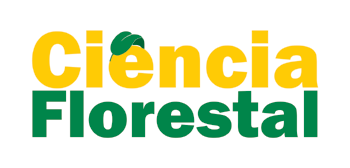ABSCTRACT
The objective of the work was to test artificial diets for the rearing in the laboratory of Condylorrhiza vestigialis (Guenée, 1854) (Lepidoptera: Crambidae), which is considered the main pest of trees of the genus Populus in Brazil. Three formulations of artificial diets were tested based on the diet developed by Greene, and two changes in the diet proposed by Hoffmann-Campo. The number of dead larvae was evaluated; number of cannibalized larvae; amount of malformed pupae; number of larval instars; number of unviable pupae; number of malformed adults; and number of normal adults. The data obtained were submitted to ANOVA statistical analysis and to the means comparison test, Student-Newman-Keuls (SNK), at the level of 5% probability of error, with the statistical design used being completely randomized. The biological parameters of the moths fed with each tested diet were also evaluated: incubation period of the eggs (in days); duration of the larval phase, pre-pupa and pupa (in days); weight of female and male pupae at 5 days of age (in grams); sexual reason. The Base 2 Diet is the most efficient and feasible among the diets tested for the rearing of Condylorrhiza vestigialis in the laboratory, providing the most efficient development during the stages of its life cycle, generating greater quantities of healthy and fertile adults, enabling the increase of the number of individuals and the maintenance of the population.
Keywords:
Salicaceae; Insect nutrition; Poplar Moth

 Thumbnail
Thumbnail
 Thumbnail
Thumbnail
 Thumbnail
Thumbnail
 Thumbnail
Thumbnail

 Fonte: Autores (2020)
Fonte: Autores (2020)

 Fonte: Autores (2020)
Fonte: Autores (2020)
 Fonte: Autores (2020)
Fonte: Autores (2020)
 Fonte: Autores (2020)
Fonte: Autores (2020)